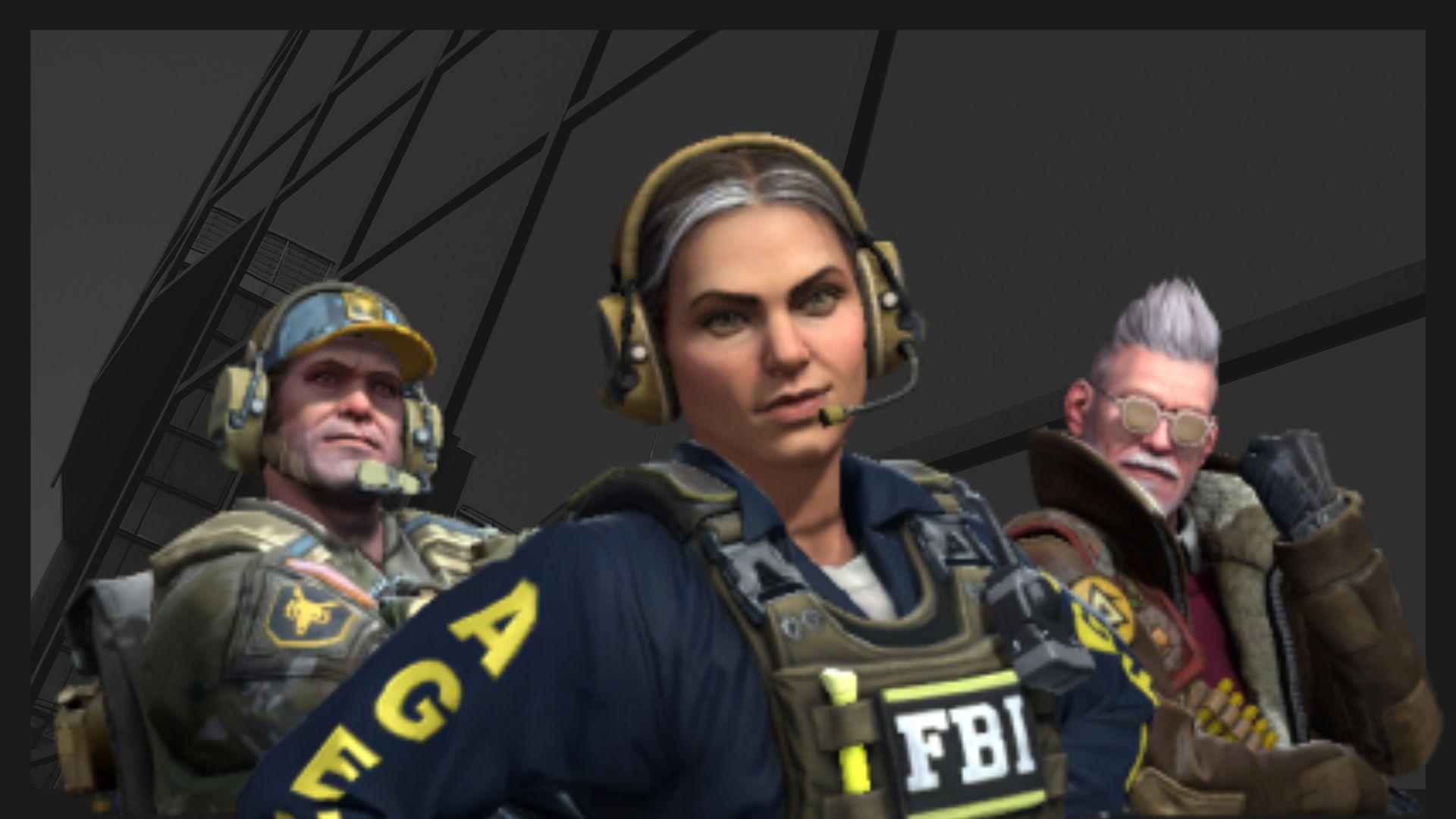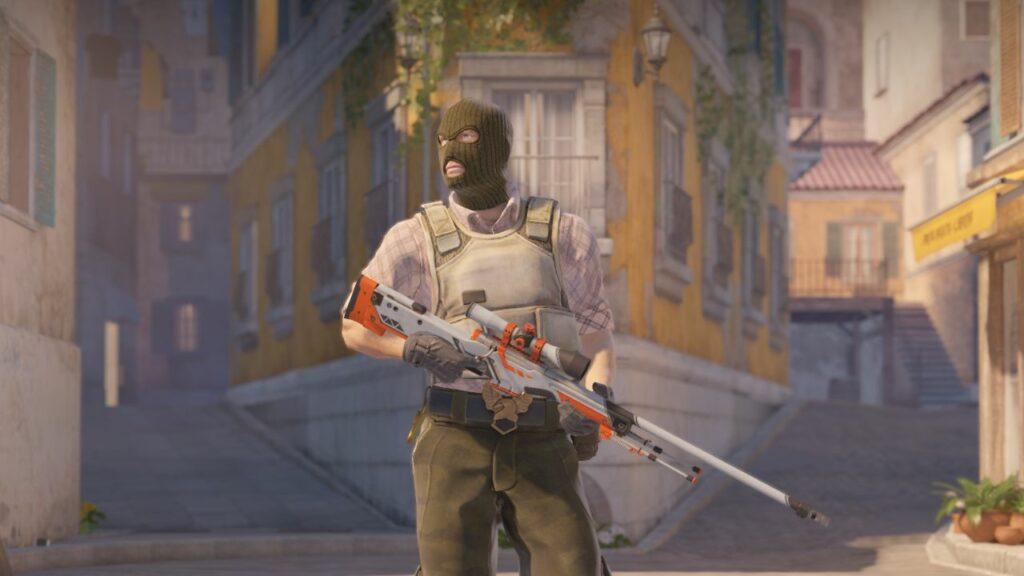
NiP investigation supports ownership, some fans aren’t satisfied
WESA has released the findings of its investigation into Ninjas in Pyjamas.
Ian Smith of the Esports Integrity Coalition looked into the many negative allegations made against Ninjas in Pyjamas following an explosive interview involving former Counter-Strike: Global Offensive player Robin “Fifflaren” Johansson. The investigation covered almost every claim made against the organization in the months since, including mishandling of its Dota 2 team, lies made to operational staff, and other less publicized complaints.
Smith received “full and unfettered access to NiP’s documentation,” which included player contracts, bank records, and emails. He also conducted interviews with NiP CEO Hicham Chahine, former players, and many others with current and former ties to the organization.
His conclusion largely echoes Ninjas in Pyjamas’ response to the situation. Many of the claims are true, but are the fault of previous owners and are not reflective of how the current NiP organization conducts its business.
“There is no doubt that the bulk of criticism of NiP from formation of [its previous ownership], through its bankruptcy and the early years of [current ownership] is justified,” Smith said. “What is not justified is the extension of that criticism, by speculation and insinuation, to the current iteration of NiP. It may be the same corporate vehicle, but it bears no resemblance to the organisation as it was in 2014/15 under Former Management.”
Ninjas in Pyjamas controversy swirls
In July, Fifflaren conducted a lengthy interview with esports journalist Richard Lewis in which he discussed his two years as a member of NiP’s legendary CSGO team. Fifflaren made a number of allegations with regards to the state of NiP during that time, including wildly unfair contract terms, withheld earnings, and other strange requirements like preventing players from having girlfriends.
The story was quickly corroborated by a number of Fifflaren’s former teammates. This was followed by other complaints levied towards the organization by individuals from outside the CSGO team, ranging from team managers to staff. While many had gripes with the previous ownership of NiP, some pointed a finger at Chahine for not properly supporting players or for lying with regards to promises of payment for work.
Smith differentiated between the various gripes and did not investigate all of them equally.
The most important claim, that the organization owed money to former players including Fifflaren and had also left the players on the hook for unpaid taxes, was found to be true. That said, Smith notes that Chahine and the current NiP ownership worked to help resolve these issues despite the fact they were under no legal obligation to do so. He also adds that Fifflaren and NiP had a working relationship until fairly recently, which included the player thanking the team for help in securing a United States visa in 2018.
Smith did not elaborate as to how Fifflaren maintaining some ties would prove NiP’s innocence in the matter, though it would seem that he implied Fifflaren wouldn’t do so if he had a problem with NiP management. This implication would be dubious, were it his intent.
In terms of other former NiP staff, Smith offered mixed findings. Claims by former NiP Dota 2 and Overwatch team manager Kevin Mikkelsen were ultimately found to be inconclusive, while those of former Dota 2 manager Michelle Knudsen were dismissed as “not true.”
Complaints brought forward by community managers and artists that state they were never delivered promised payment for work were found to be “morally, if not legally, justified.”
On the topic of complaints regarding how the team handled roster cuts and transfers, Smith noted, “in my 20 years in traditional sport, I have yet to meet a player in any sport who was happy to be benched or released, so all complaints of this nature I treat as being normal and natural.”
The exception to this was NiP’s handling of Adam “Crunch” Escobedo. The player was released from NiP’s PlayerUnknown’s Battlegrounds roster in 2018 Smith states that the release was handled in an “unprofessional” manner. NiP has previously acknowledged this and taken action to prevent this in the future.
Do ESIC and WESA have a conflict of interest?
For the most part, the report finds that Chahine and the current NiP ownership handled its takeover of the organization in 2016 properly and have largely lived up to their obligations to players since. It’s undoubtedly an agreeable outcome for Chahine and those within NiP but there are some issues.
Smith also took the unusual step of belittling many of the claims made against the organization.
“Without meaning any disrespect at all to those that contacted me, my impression is that most people just wanted to have a moan,” Smith said.
Though the Esports Integrity Coalition has operated in the space for a long while, they have a number of different financial ties to WESA. Most notably in this instance, NiP CEO Chahine sits on the executive board of at WESA, the very organization that directed the inquiry into the company Chahine owns.
This potential conflict of interest and the decision to not work with an entirely independent third-party investigator raised an eyebrow with many. ENCE Esports partner and former pro Counter-Strike player Tomi “lurppis” Kovanen discussed this on Twitter.
“Having just skimmed this, the problem with using someone related to WESA for this is that no one will believe the outcome if it’s positive of NiP, even if that’s true,” lurppis said. “No idea why an outside counsel wasn’t hired.”
Whether or not this report will close the book on the ongoing controversy in and around NiP remains to be seen.
Recommended

s1mple is offering lessons to help you get good at CS2
Have you dreamed of playing like s1mple?

Recent CS2 ban wave punishes cheaters during live games
Valve is banning players in bulks.

Players hopeful after Valve adds Overwatch to expose CS2 cheaters
Only “trusted” players will be Overwatch investigators.







